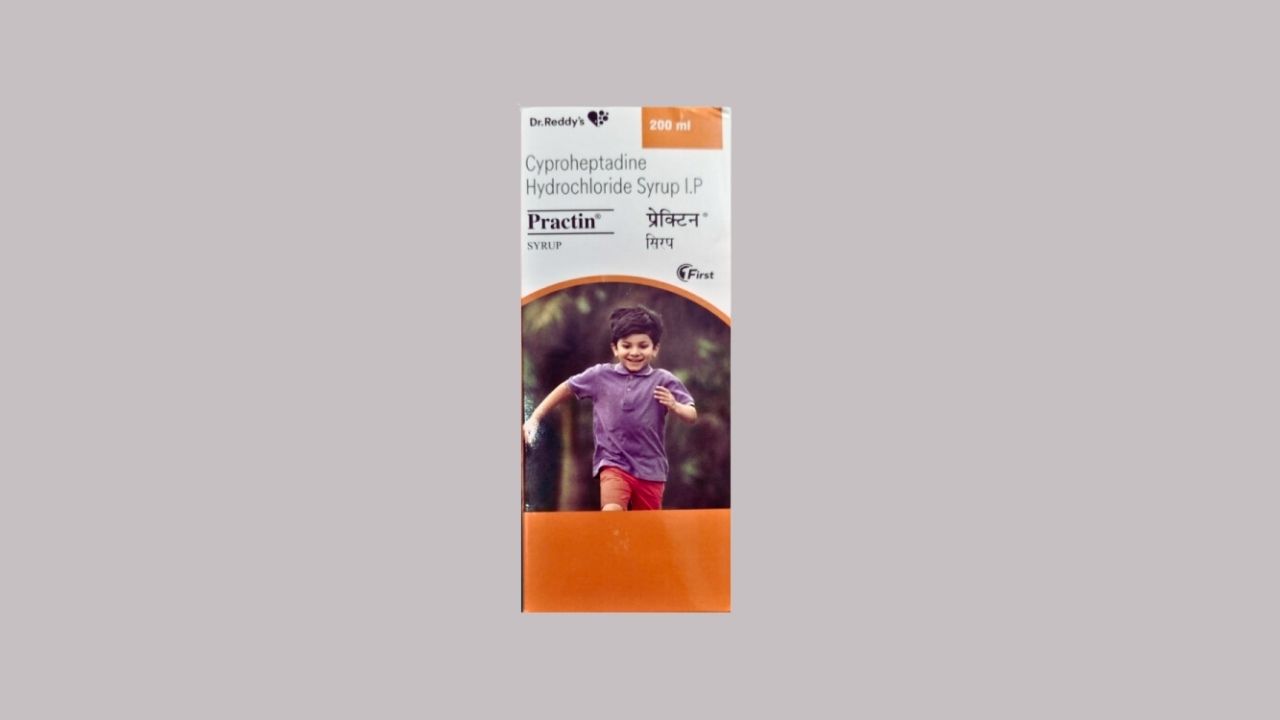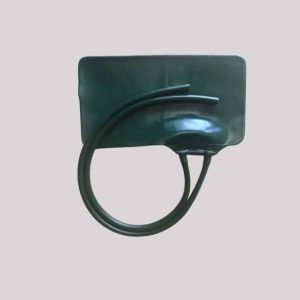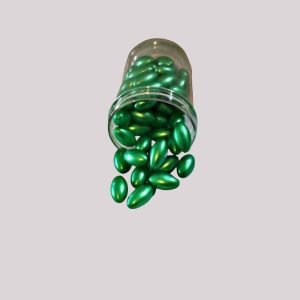Description
Cyproheptadine hydrochloride syrup I.P 200ml
What is the purpose of cyproheptadine hydrochloride syrup?
Periactin, also known as cyproheptadine, is used to treat allergic reactions. Additionally, it is used to treat motion sickness and headaches. Additionally, your child can be administered medication to boost appetite, aid with stomach emptying, and alleviate nausea and vomiting symptoms.
Is CYPROHEPTADINE a sleep aid?
This medication may be used to assist manage sleep problems. However, before using cyproheptadine for a persistent sleep disturbance, speak with your doctor.
Is it safe to use cyproheptadine?
Uses, Adverse Effects, and Warnings of Cyproheptadine
Cyproheptadine should not be used if you have narrow-angle glaucoma, an enlarged prostate, a stomach ulcer or blockage, difficulty urinating, or an asthma attack. Additionally, if you have a severe illness, are old, or are nursing a baby, you should not use cyproheptadine.
What is the best medication for a child’s appetite?
The 200ml Kidivite Appetite Tonic Syrup, which combines vitamins, minerals, and appetite stimulants, is a growth and appetite tonic that is perfect for infants and young children aged 1 to 12.
Is cyproheptadine a daily medication?
Typically, two or three doses are given daily. Every day, take cyproheptadine at approximately the same time or times. Pay close attention to the instructions on your prescription label, and ask your pharmacist or doctor to clarify any parts you don’t understand. As prescribed, take cyproheptadine precisely.
Cyproheptadine Hydrochloride Syrup Overview
• Treats allergic reactions, motion sickness, headaches, appetite boost, stomach emptying, and nausea and vomiting symptoms.
• Can be used as a sleep aid, but should be discussed with a doctor before use.
• Not recommended for individuals with narrow-angle glaucoma, enlarged prostate, stomach ulcers, difficulty urinating, or asthma attacks.
• Not recommended for severe illnesses, the elderly, or nursing a baby.
• Kidivite Appetite Tonic Syrup is recommended for infants and young children aged 1 to 12.
• Typically two or three doses are given daily, taken at approximately the same time or times.





